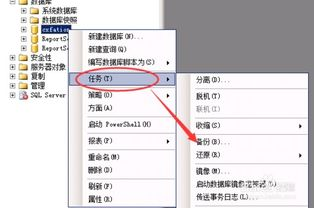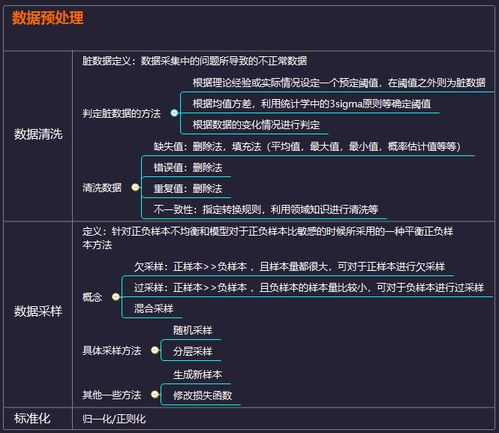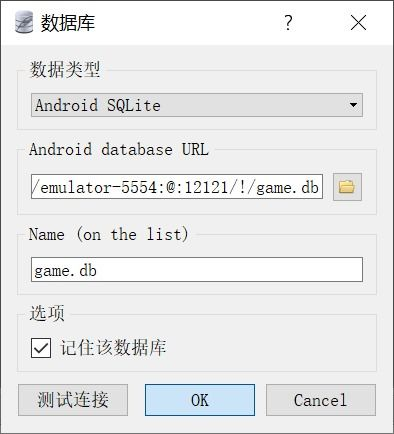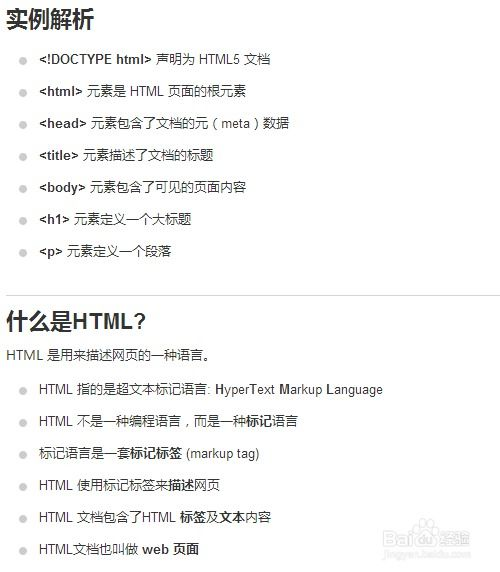解决C#下载文件名乱码问题的方法
在C#开发中,经常会遇到下载文件名乱码的问题,特别是使用gb2312编码的时候。本文将介绍一些解决这个问题的方法。
1. 设置Http头部
在进行文件下载之前,可以通过设置Response的Headers来指定文件名和编码。可以使用Content-Disposition和Content-Type头部。
示例代码如下:
HttpContext.Current.Response.Clear();
HttpContext.Current.Response.ContentType = "application/octet-stream";
HttpContext.Current.Response.AddHeader("Content-Disposition", "attachment;filename=\"" + HttpUtility.UrlEncode(fileName, Encoding.GetEncoding("gb2312")) + "\"");
HttpContext.Current.Response.BinaryWrite(fileBytes);
HttpContext.Current.Response.Flush();
HttpContext.Current.Response.End();
在上面的代码中,Content-Disposition的filename参数使用了UrlEncode函数来对文件名进行编码,确保在使用gb2312编码时不会出现乱码。
2. 修改响应的编码
如果只是下载文本文件,可以通过设置响应的编码来解决乱码问题。
示例代码如下:
HttpContext.Current.Response.Clear();
HttpContext.Current.Response.ContentType = "text/plain";
HttpContext.Current.Response.ContentEncoding = Encoding.GetEncoding("gb2312");
HttpContext.Current.Response.AddHeader("Content-Disposition", "attachment;filename=\"" + HttpUtility.UrlEncode(fileName, Encoding.GetEncoding("gb2312")) + "\"");
HttpContext.Current.Response.Write(fileContent);
HttpContext.Current.Response.Flush();
HttpContext.Current.Response.End();
在上面的代码中,通过设置Response的ContentEncoding为gb2312编码可以确保文件内容在下载时不会出现乱码。
3. 使用FileStream读取文件
有时候直接使用字节数组或者字符串进行文件下载会导致乱码,可以尝试使用FileStream来读取文件。
示例代码如下:
string filePath = "文件路径";
string fileName = "文件名";
FileStream fs = new FileStream(filePath, FileMode.Open);
byte[] fileBytes = new byte[fs.Length];
fs.Read(fileBytes, 0, (int)fs.Length);
fs.Close();
HttpContext.Current.Response.Clear();
HttpContext.Current.Response.ContentType = "application/octet-stream";
HttpContext.Current.Response.AddHeader("Content-Disposition", "attachment;filename=\"" + HttpUtility.UrlEncode(fileName, Encoding.GetEncoding("gb2312")) + "\"");
HttpContext.Current.Response.BinaryWrite(fileBytes);
HttpContext.Current.Response.Flush();
HttpContext.Current.Response.End();
通过使用FileStream来读取文件,可以确保获取到的字节数组与文件本身的编码一致,并解决下载文件名乱码的问题。
通过上述方法,我们可以解决C#下载文件名乱码的问题。
感谢您阅读本文,希望本文能帮助到您!






